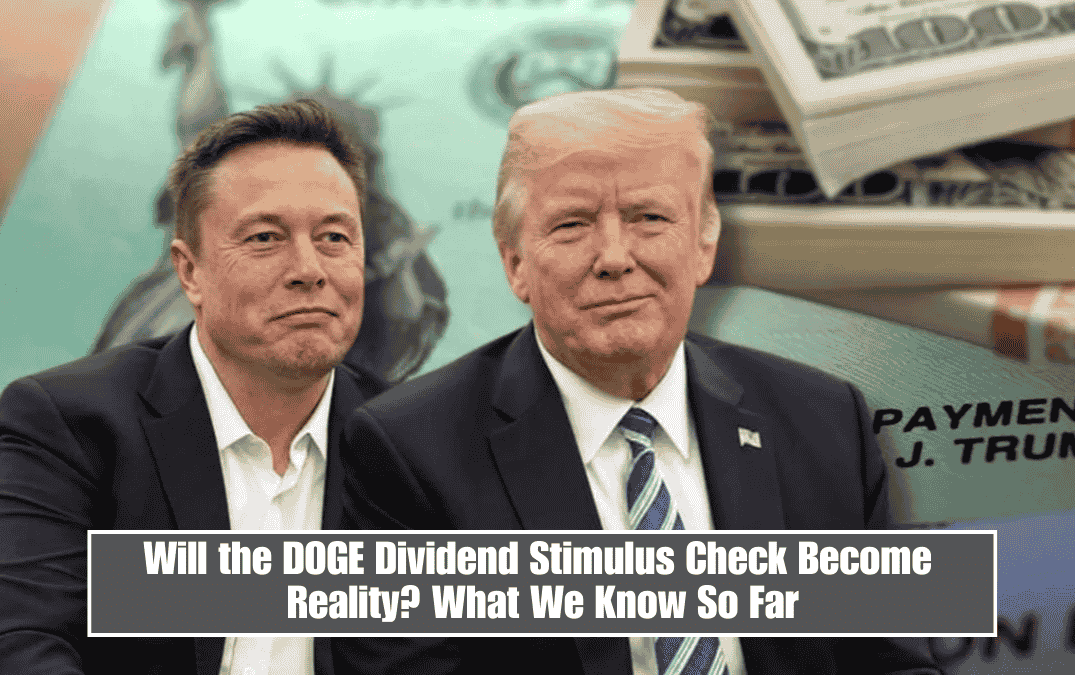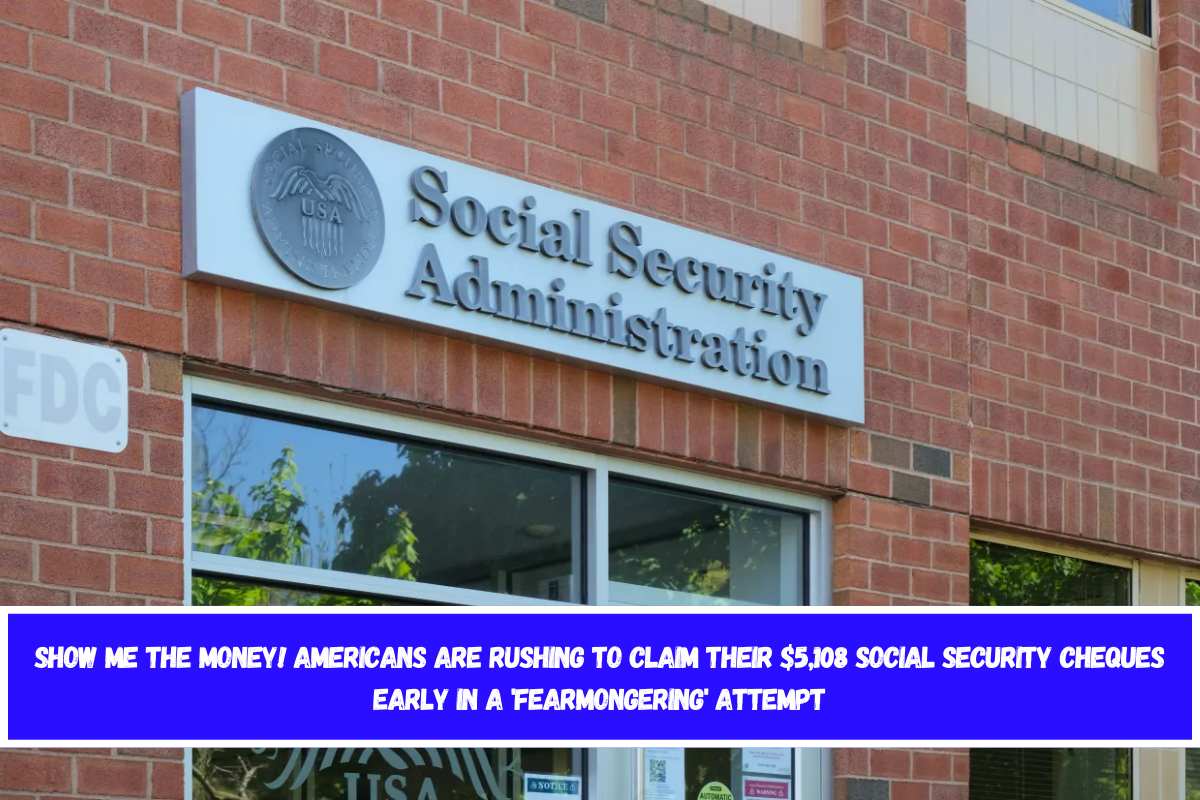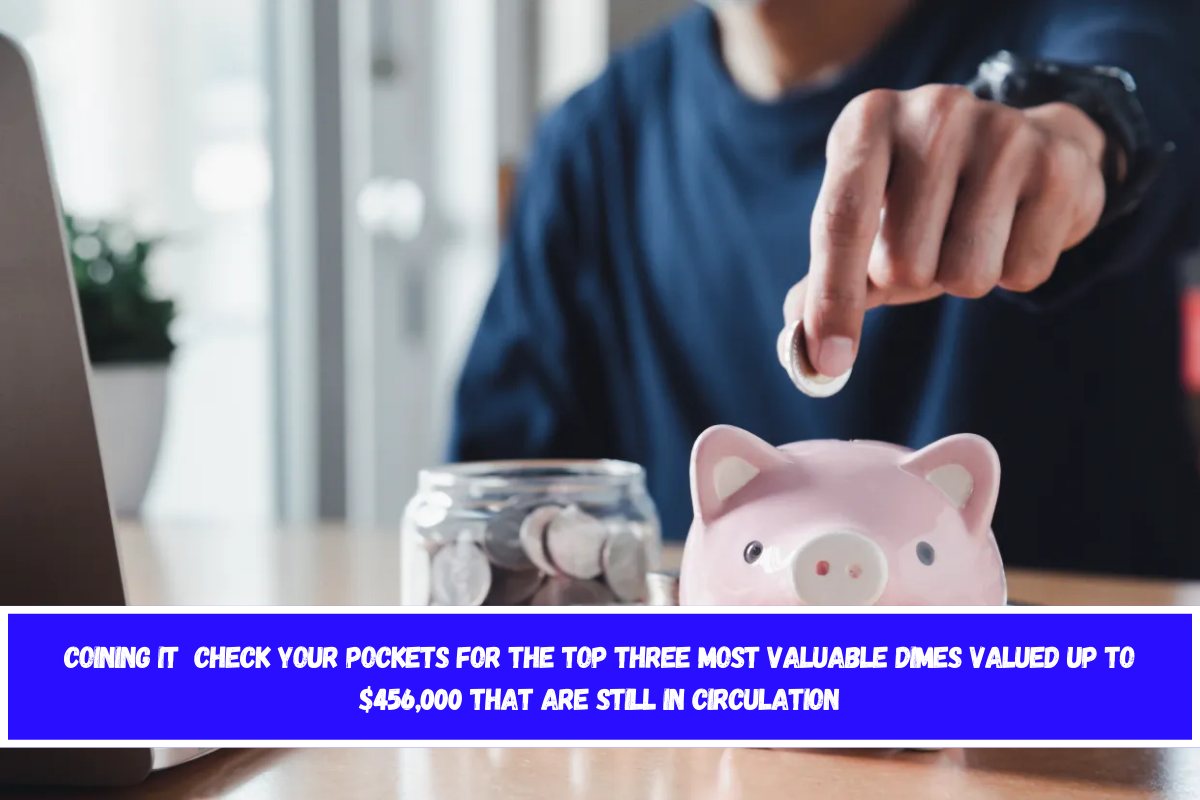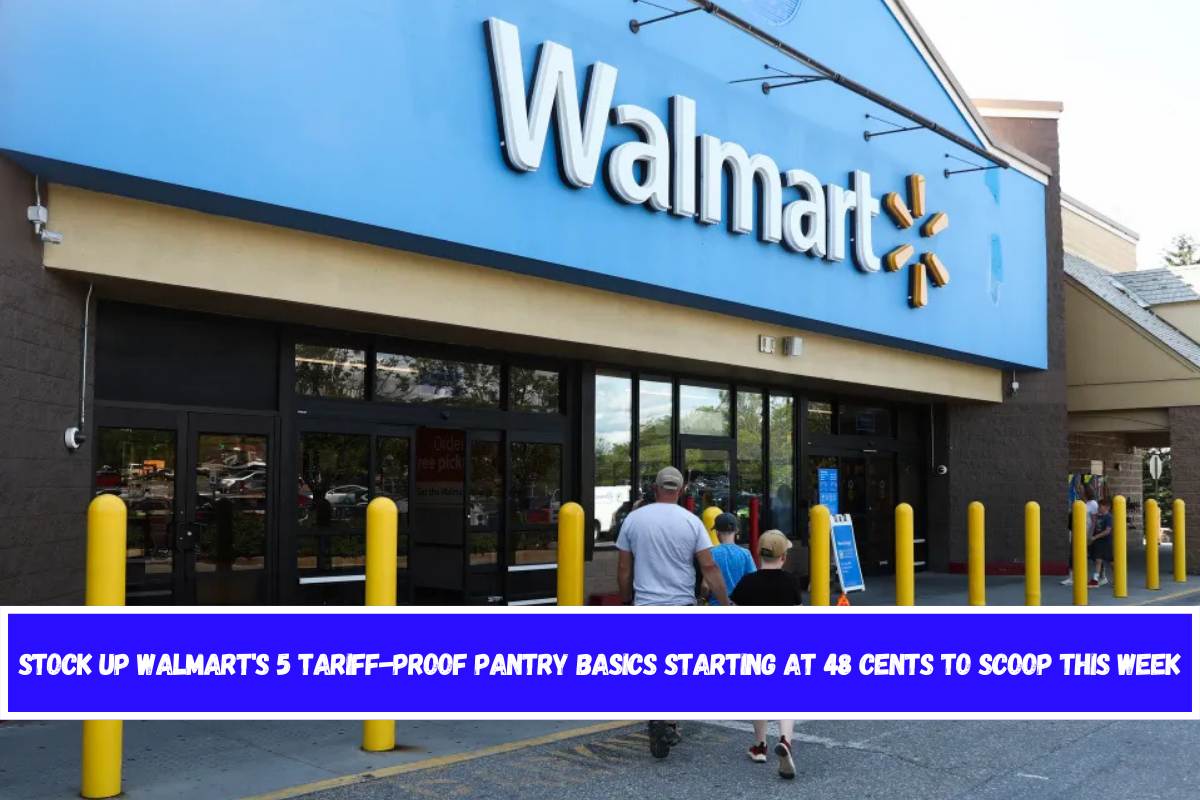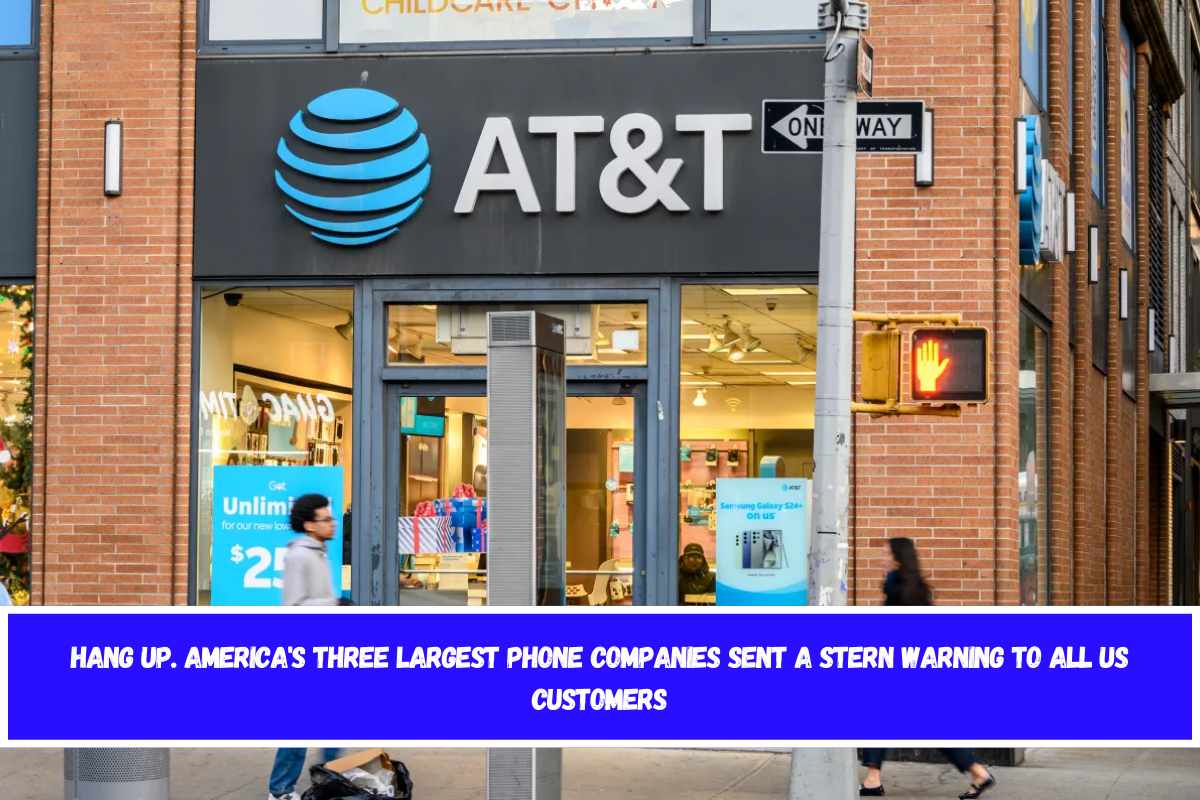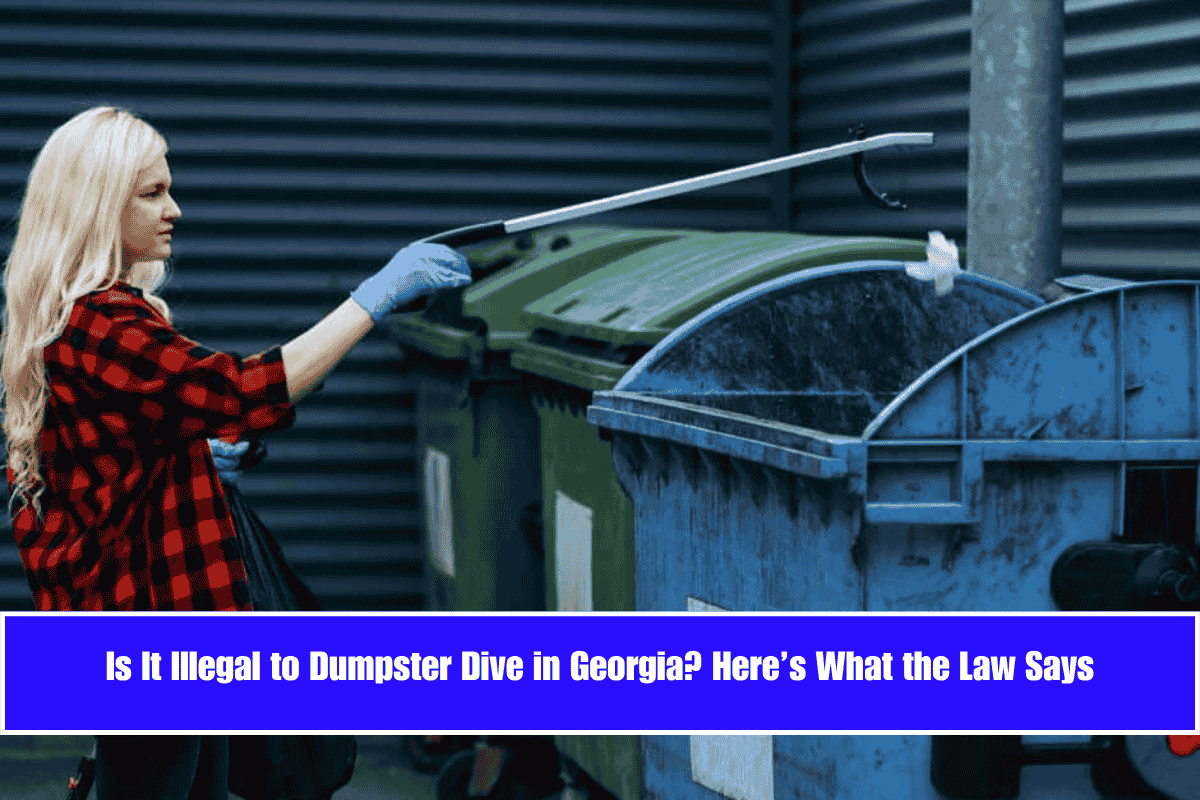A new kind of stimulus check called the “DOGE Dividend” has recently caught the attention of many Americans. Though still in the proposal stage, this idea, led by James Fishback, CEO of Azoria, has sparked major discussion about who may receive the money and when.
In a recent interview with Chris Cuomo, Fishback said he believes the payout “will happen,” based on recent support from lawmakers and high-profile figures like Donald Trump, Elon Musk, and Kevin Hassett. But is it confirmed? Let’s break down what this stimulus check idea is all about and whether it could become a reality soon.
What Is the DOGE Dividend Stimulus?
The DOGE Dividend is a proposed government payment that would be funded entirely from savings, not debt. This makes it different from the COVID-19 stimulus checks, which were funded by increasing government borrowing.
Fishback’s idea is linked to the Department of Government Efficiency (DOGE)—a unit that claims to have saved $130 billion as of March 2025. The plan suggests that 20% of these savings should be returned to taxpayers in the form of a dividend or refund.
Unlike past stimulus programs, this one is targeted only at taxpayers, especially middle- and higher-income groups who “send money to Washington” via taxes. Lower-income households, who do not pay significant federal taxes, may not be eligible under the current draft of the plan.
Who Supports the DOGE Dividend?
Several influential figures are backing this idea:
- Donald Trump voiced support in February 2025, agreeing with the 20% refund plan.
- Elon Musk, speaking at a Wisconsin rally, linked it to improved budget control and called it a smart move to fight inflation.
- Fishback mentioned that there is bipartisan support in Congress, though no official bill has been introduced yet.
Musk even replied to the original proposal—shared on X (formerly Twitter)—saying, “I’ll check with the president.”
How Would It Work?
While the full process hasn’t been made official, the basic idea is:
- Government agencies continue to cut wasteful spending.
- The savings from these cuts are recorded by the DOGE office.
- 20% of the total savings over a 2-year period is returned to taxpayers.
- Payments would go to those who are considered net federal taxpayers, not dependent filers or non-tax contributors.
It’s still unclear how much each person would get, or when the payments would start. No application process or eligibility form has been released yet.
Will It Cause Inflation?
This is a major question. Fishback says the DOGE Dividend won’t increase inflation, because it doesn’t add new money to the economy—it simply returns existing savings. Unlike previous COVID-19 checks, this money wouldn’t be created through borrowing.
However, not everyone agrees. Some economists argue that even returning saved money could lead to more spending, which might drive prices up. Experts like Aaron Razon and Joseph Camberato have warned that the plan could still affect supply chains, raise consumer demand, and push up inflation, similar to the earlier stimulus rounds.
What About the Federal Deficit?
According to the Congressional Budget Office (CBO), the federal deficit increased by 5% in February 2025. Critics say this means the U.S. should focus on debt reduction, not new spending or rebates. Fishback argues the opposite—cutting waste should allow some of the money to go back to the people who paid it in the first place.
Is the DOGE Dividend Approved Yet?
No, as of now:
- There is no official legislation or signed bill.
- No fixed payment amount or timeline has been announced.
- It remains a proposal backed by key figures, but it still needs to pass Congress.
So, while there’s excitement and growing support, nothing is confirmed yet.
The DOGE Dividend idea has captured public attention, especially as people continue to feel the pressure of rising prices and uncertain wages. While the plan sounds promising for many taxpayers, it still faces economic, political, and legislative challenges. Supporters like Trump and Musk see it as a smart reward for taxpayers, but others worry it may repeat past mistakes.
Until a law is officially passed, the DOGE Dividend remains a proposal—not a guarantee. But if approved, it could mark a new type of stimulus, funded by savings and aimed only at taxpayers.
